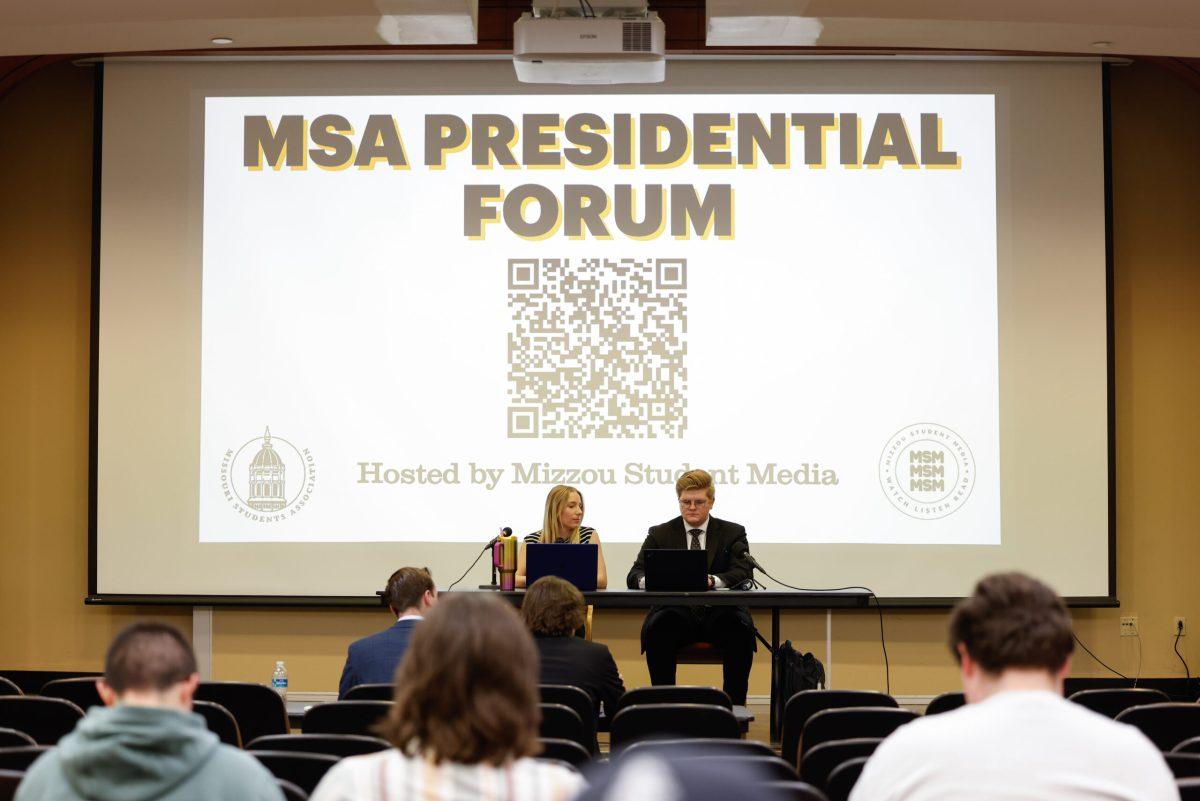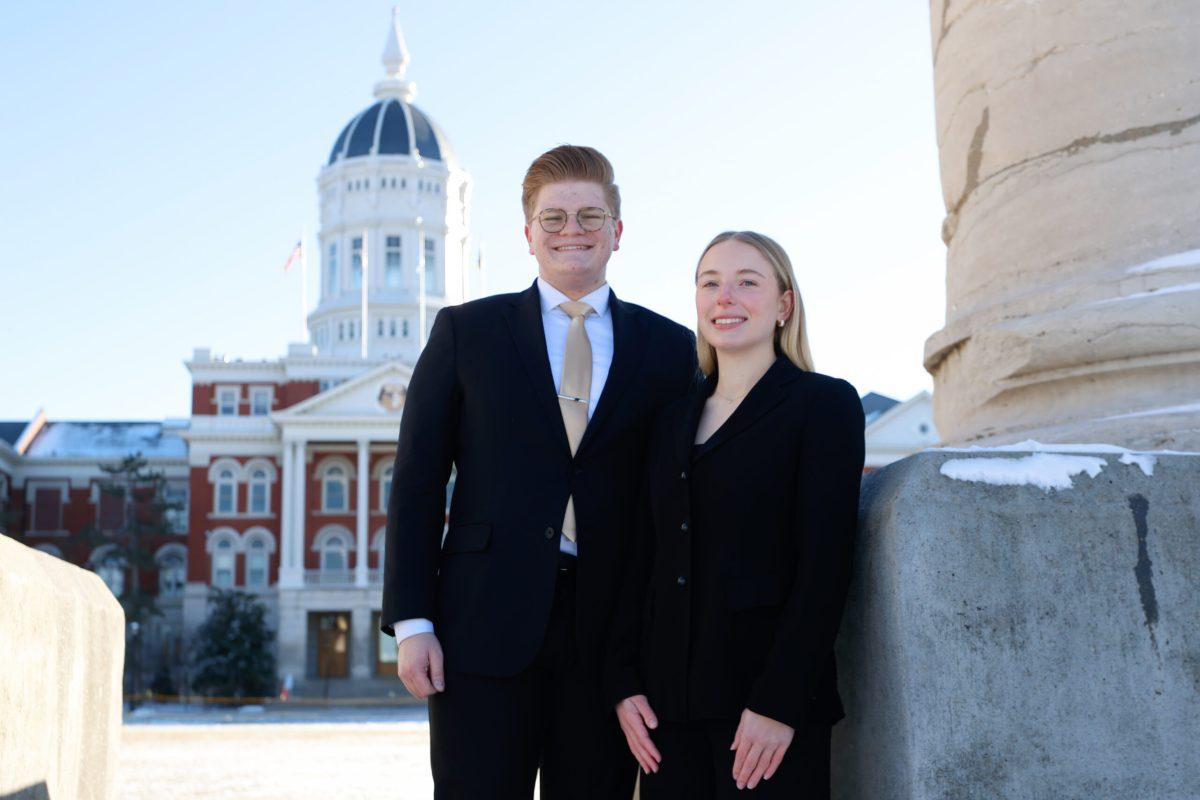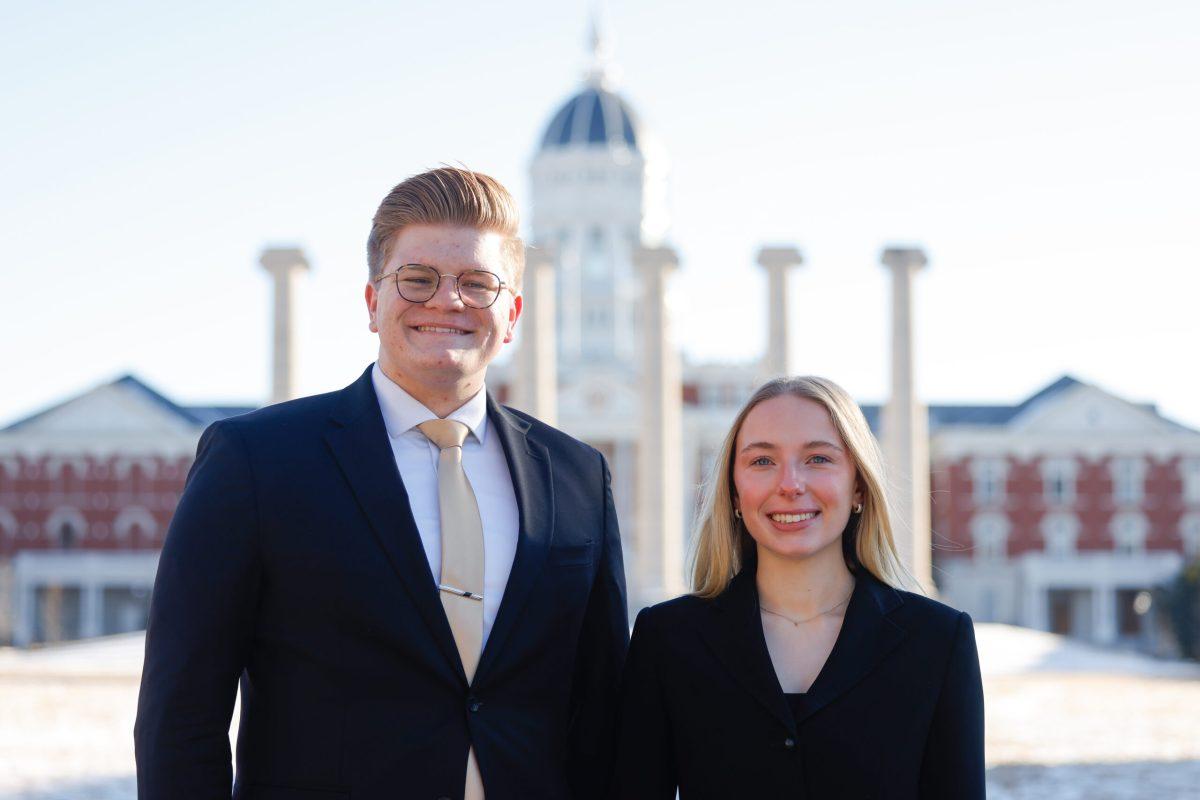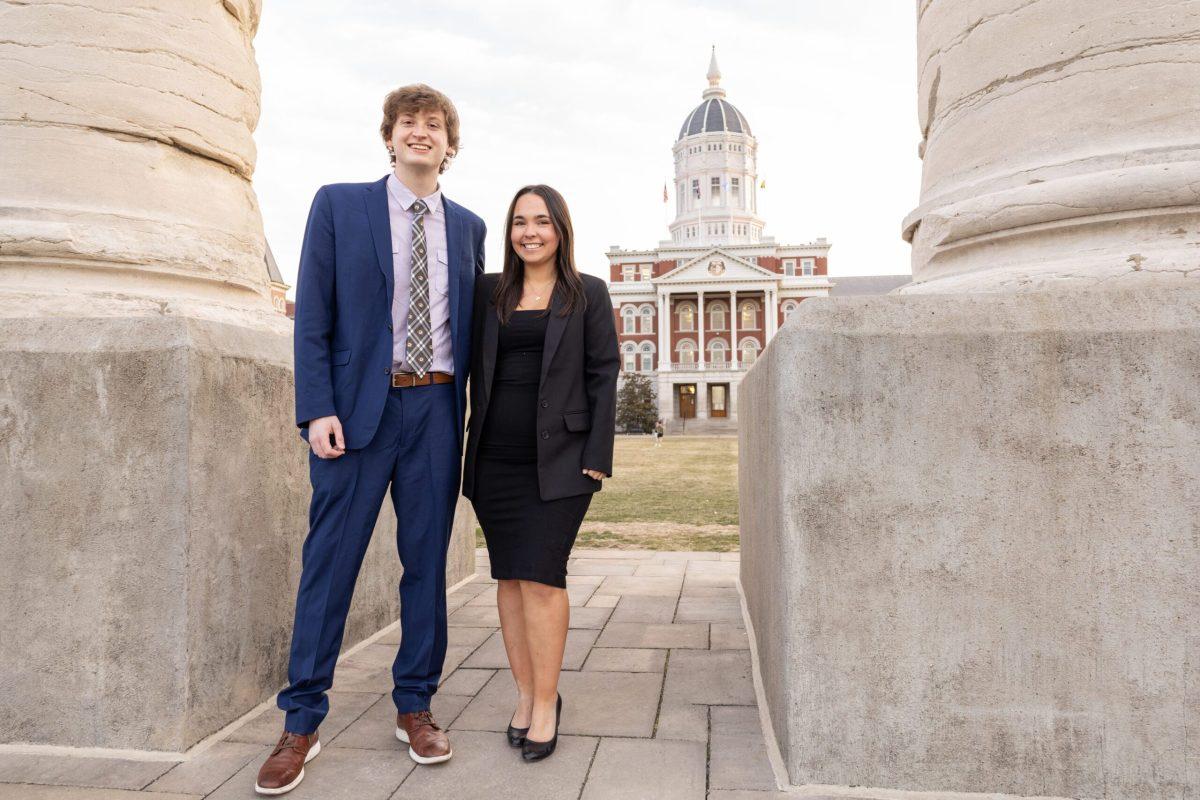As the U.S. prepares itself for the 2020 election, international organizations are focusing on the country’s election process.
The 57 member states of the Organization for Security and Co-operation in Europe work to improve the lives of both communities and individuals by resolving global issues affecting common security. As part of its programs, it assesses elections worldwide through the Office for Democratic Institutions and Human Rights and recommends how to improve them in a more democratic manner.
Mary Stegmaier, interim vice provost for international programs and associate professor in the Harry S Truman School of Public Affairs at MU, works as an election observer for the organization. Her credentials include election observation in North Macedonia (formerly Macedonia) and Kyrgyzstan.
The OSCE observes elections globally. To do this, they implement long-term and short-term observers that focus on election day, voter registration, candidate registration, dismissed paperwork, media access and public opinion after the election.
“There are international agreements and the OSCE countries have agreed to try to adhere to these basic principles of free and fair elections,” Stegmaier said.
Member countries of the organization typically invite the OSCE to observe their own elections. This includes the U.S., which the OSCE observed in 2016 and 2018.
“What the [OSCE does] in advance of an election, they do a needs assessment,” she said. “Then they will decide, do they recommend a full election observation mission or a limited mission?”
The OSCE conducted a full mission on the 2016 presidential election and a limited mission on the 2018 midterm election. Both reports included recommendations to improve the quality of elections.
After the Iowa caucus confusion and eventual results, concern is increasing in voters who worry about a fair and effective election. The difference in voting laws between states and the long campaign process makes elections more complex. In addition, some states do not allow international organizations to observe elections.
“The U.S. is really complicated in how we hold elections because in the United States the election process is not done at the national level, as it is done in most countries,” she said. “The elections are held by state guidelines, so the rules in each state vary a little bit.”
Among other issues, previous concerns in past elections include cybersecurity, voting rights, voter ID laws, campaign financing and candidate registration; the OSCE includes all of these concerns in its public online reports and recommends ways for the process to improve.
But what makes an election democratic? Stegmaier cites certain factors.
“Secrecy of the ballot is one, that individuals aren’t turned away for random reasons,” she said. “Obviously there are aspects of electoral fraud, counting of the ballots, the right to seek public office.”
Election observers fill out a form upon the completion of their observation. This form provides a series of multiple choice boxes to assess the various parts of the voting process: opening, voting, closing and counting and other observations. Evaluations like these help inform OSCE reports.
The OSCE has not yet announced if they will observe the 2020 general election.
“They will inevitably have something here, I would guess,” Stegmaier said. “The challenges with the caucuses, this may raise even more questions, because the candidates are also right now questioning the counting of the ballots or the caucus votes and concerns about technology.”
_Edited by Ben Scott | [email protected]_













